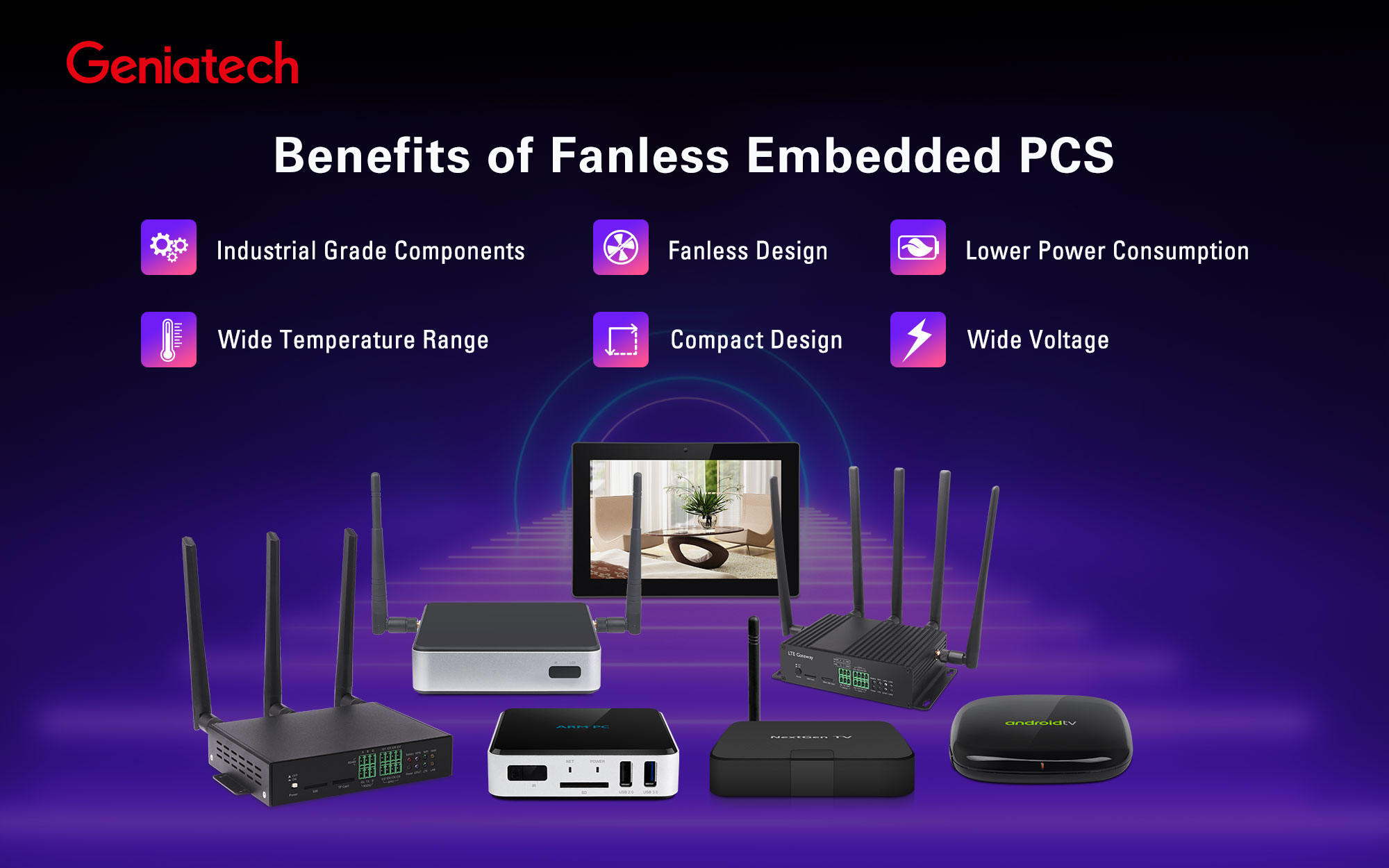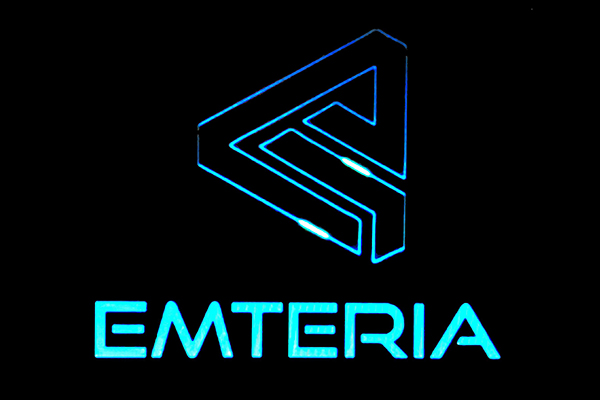Understanding Mini PCs: A Brief Overview
In recent years, mini PCs have emerged as versatile computing solutions, catering to diverse needs across various industries. From entertainment to remote work and beyond, these compact devices offer a myriad of functionalities discreetly packaged within their diminutive frames.
What is a Mini PC?
Mini PCs, also known as small form factor computers, are small, portable computers designed to be lightweight yet multifunctional. Equipped with powerful processors, ample storage, and high-quality graphics capabilities, these devices pack a punch despite their size. With features comparable to larger computers, if not more powerful in some cases, mini PCs provide users with a compact yet capable computing solution.
Key Components Demystified
When delving into the anatomy of a mini PC, several key components come into play:
◆ Processor
Mini PCs come equipped with a range of processors, from entry-level options for basic computing tasks to high-performance CPUs suitable for demanding applications such as gaming and content creation.
◆ Operating System
Mini PCs typically come pre-installed with popular operating systems like Windows, macOS, or Linux, facilitating seamless software application usage.
Barebones Systems vs. Pre-built Mini PCs
- Barebones Systems: Ideal for tech-savvy users, barebones systems provide a customizable framework to tailor performance and components.
- Pre-built Mini PCs: On the other hand, pre-built options like mini PC sticks offer plug-and-play simplicity, catering to users seeking convenience.
◆ Memory (RAM)
Essential for quick data access, the memory, or RAM (Random Access Memory), temporarily stores data required by the processor.
◆ Storage
Mini PCs are equipped with solid-state drives (SSDs) or hard disk drives (HDDs) for storage, offering a balance between speed and capacity.
◆ Computer Ports
Versatility is a hallmark of mini PCs, boasting an array of ports including USB, HDMI, Ethernet, and audio jacks for connecting peripherals with ease.
◆ Fanless Design
Notably, many mini PCs operate silently due to their fanless design, offering a space-saving solution with minimal technical issues.
Benefits of Mini PCs
◆ Space-saving
One of the primary benefits of mini PCs is their compact size, which saves valuable desk space and makes them ideal for small offices, dorm rooms, or living spaces.
◆ Energy Efficiency
Mini PCs consume significantly less power than traditional desktop computers, resulting in lower electricity bills and reduced environmental impact.
◆ Customizability
Many mini PCs offer the option to customize hardware components such as RAM, storage, and graphics cards, allowing users to tailor their system to meet specific performance requirements.
◆ Cost-effectiveness
Mini PCs are often more affordable than full-sized desktop computers, making them an attractive option for budget-conscious users who still require powerful computing capabilities.
Versatile Applications of Mini PCs
Mini PCs find applications across various domains, with some notable use cases including:
◆ Home Entertainment
Transforming your living room into a personalized theater, mini PCs enable seamless media streaming and gaming experiences.
◆ Digital Signage Solutions
In business settings, mini PCs power dynamic digital signage displays, captivating audiences with engaging content and multiple-screen setups.
◆ Remote Work Efficiency
Compact and portable, mini PCs serve as efficient companions for remote work, offering the same capabilities as traditional desktop setups with added mobility.
◆ IoT Integration
At the forefront of IoT (Internet of Things) innovation, mini PCs facilitate data collection, analysis, and processing, bolstering connectivity and customization in IoT networks.
◆ Telemedicine Support
In the realm of healthcare, mini PCs enable remote diagnosis and patient monitoring, fostering telemedicine solutions with enhanced privacy and security measures.
The Future of Mini PCs Unveiled
Looking ahead, the future of mini PCs is poised for innovation and evolution, driven by emerging trends such as:
◆ Portability and Mobility
With an increasingly mobile population, demand for portable computing solutions like mini PCs is set to soar.
◆ Integration of AI
The integration of artificial intelligence (AI) promises enhanced user interaction and task automation, ushering in a new era of smart computing.
◆ Customization and Energy Efficiency
Manufacturers are likely to offer more customization options, focusing on energy efficiency to meet evolving user needs and sustainability goals.
Embrace the Mini PC Revolution with Geniatech
Excited to integrate a mini PC into your setup? Explore Geniatech’s range of mini PCs and unlock a world of possibilities! From home entertainment to IoT solutions, Geniatech mini PCs are the silent champions of modern computing.


